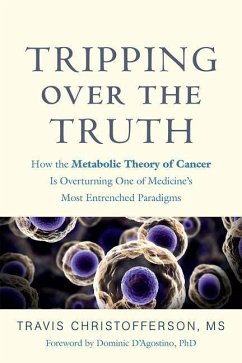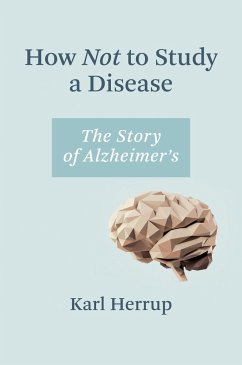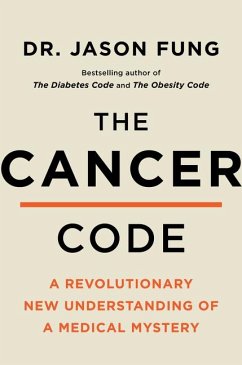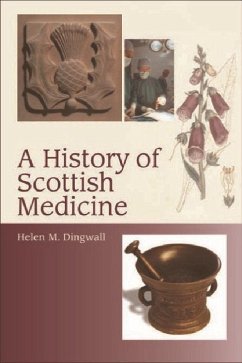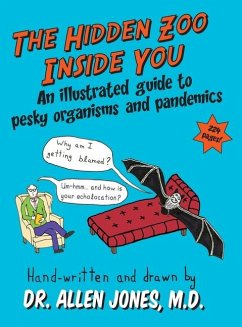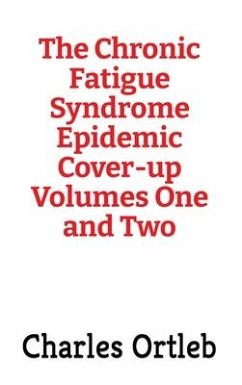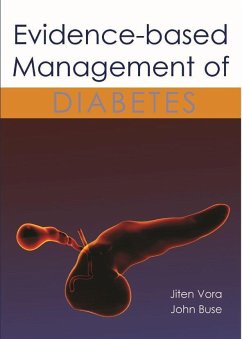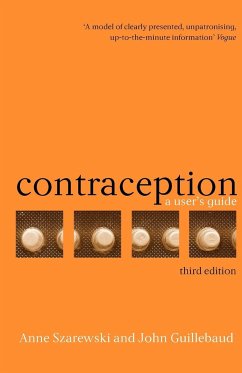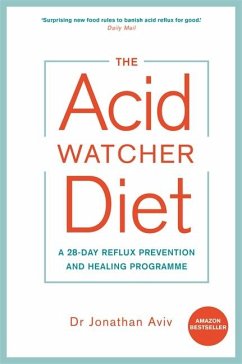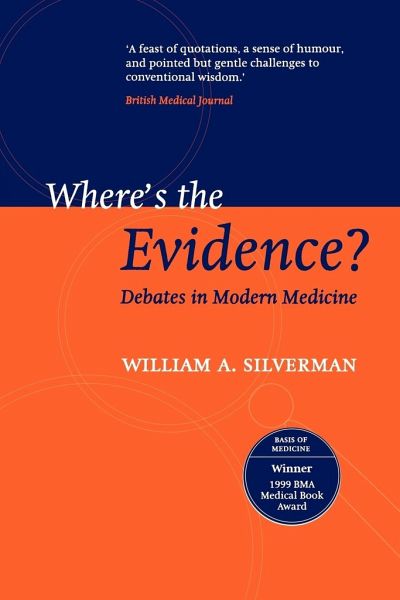
Where's the Evidence?
Debates in Modern Medicine
Versandkostenfrei!
Versandfertig in 1-2 Wochen
107,99 €
inkl. MwSt.

PAYBACK Punkte
54 °P sammeln!
The essays together with responses were published over a ten-year period in the journal Paediatric and Perinatal Medicine. Most of the examples, but not all are taken from perinatal medicine, the field in which the author has worked for many years. The essays are thought provoking and will be of great interest to those involved in the ongoing evidence-based medicine debate. (See selected reviews)
Medicine is moving away from reliance on the proclamations of authorities to the use of numerical methods to estimate the size of effects of its interventions. But a rumbling note of uneasiness underlines present-day medical progress: the more we know, The more questions we encounter about what to do with the hard-won information. The essays in Where's the Evidence examine the dilemmas that have arisen as the result of medicine's unprecedented increase in technical powers. How do doctors draw the line between "knowing" (the acquisition of new medical information) and doing" (the application of that new knowledge)? What are the long-term consequences of responding to the demand that physicians always do everything that can be done? Is medicine's primary aim to increase the length of life? Or is it to reduce the amount of pain and suffering? And who is empowered to choose when these ends are mutually exclusive? This engaging collection of essays will be of interest to professionals interested in the evidence-based medicine debate, including epidemiologists, neonatologists, those involved in clinical trials and health policy, medical ethicists, medical students, and trainees.



